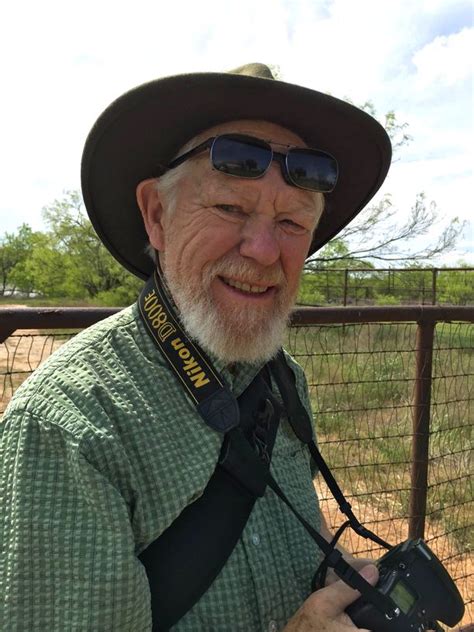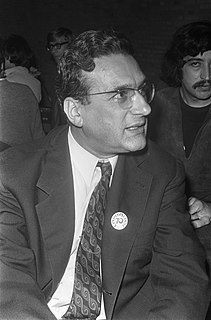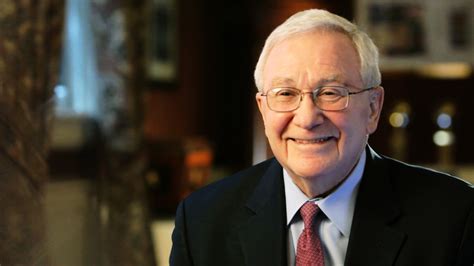A Quote by Vijay Seshadri
I think that when you reveal things that are going to cause pain, you have rhetorical resources in poetry.
Related Quotes
Poetry has its uses for despair. It can carve a shape in which a pain can seem to be; it can give one’s loss a form and dimension so that it might be loss and not simply a hopeless haunting. It can do these things for one person, or it can do them for an entire culture. But poetry is for psychological, spiritual, or emotional pain. For physical pain it is, like everything but drugs, useless.
In any piece of rhetorical discourse, one rhetorical term overcomes another rhetorical term only by being nearer to the term which stands ultimate. There is some ground for calling a rhetorical education necessarily aristocratic education in that the rhetorician has to deal with an aristocracy of notions.
The documentary style is an incredibly flexible and useful one. It's a wonderful tool for establishing the credibility of the version of things that's in the photograph - a kind of rhetorical device or rhetorical strategy. It's always felt very natural to me, because I want a person to end up thinking about the world, and to think about it in a way that is transformed by the experience of art.
When you think of all the conflicts we have - whether those conflicts are local, whether they are regional or global - these conflicts are often over the management, the distribution of resources. If these resources are very valuable, if these resources are scarce, if these resources are degraded, there is going to be competition.
When I think about the things that cause me pain or the things that cause me trouble or frustration, it's not people asking for my autograph; it's people breaking my heart. That happens to you whether you've sold millions of records or whether you're taking classes at college. You're going to believe people when they say that they love you. I don't leave out details when I write songs about that. I try to make my songs as personal as possible because, ultimately, my music started out as just trying to turn my diary entries into something that was a piece of music. And that has never changed.
Stress does not cause pain, but it can exacerbate it and make it worse. Much of chronic pain is 'remembered' pain. It's the constant firing of brain cells leading to a memory of pain that lasts, even though the bodily symptoms causing the pain are no longer there. The pain is residing because of the neurological connections in the brain itself.







































